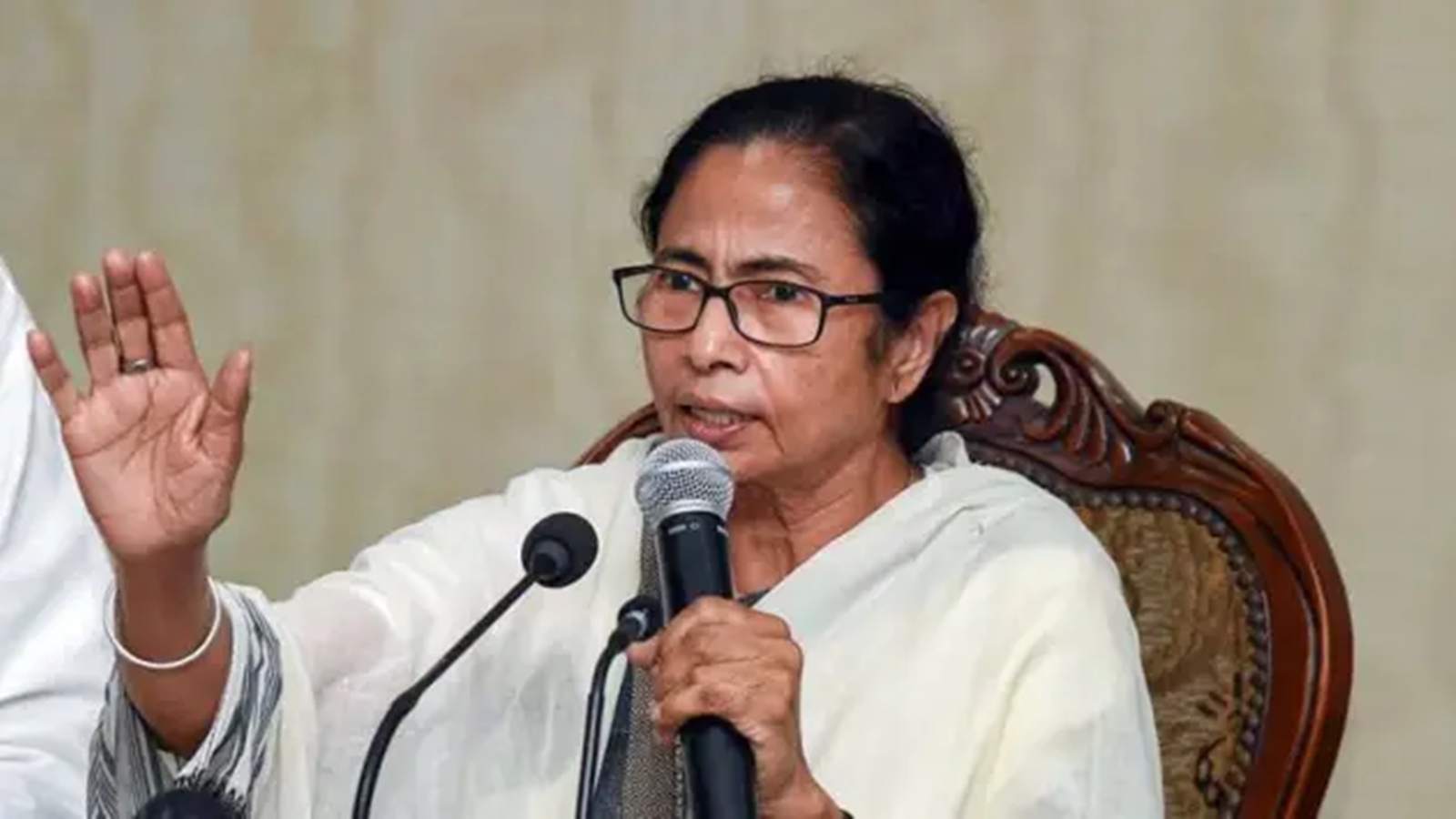Stating that the three Bills brought by the BJP government at the Centre to replace the existing criminal laws in the country were “draconian and anti-people”, the ruling Trinamool Congress (TMC) MLAs on Tuesday moved a motion in the West Bengal Assembly, saying the Union government should not rush them through Parliament and instead due diligence should be followed before changing the existing statutes.
This comes a week after TMC supremo and Chief Minister Mamata Banerjee wrote to Union Home Minister Amit Shah asking him to first build a consensus on the three Bills “keeping the sensitivity of the subject in mind”.

The Union government has lined up the three Bills — Bharatiya Nyaya Sanhita Bill, Bharatiya Nagarik Suraksha Sanhita Bill, and Bharatiya Sakshya Bill — that will replace the Indian Penal Code (IPC), the Code of Criminal Procedure (CrPC), and the Indian Evidence Act, respectively for passage in Parliament in the ongoing Winter Session.
The motion moved by TMC MLAs Sovandev Chattopadhyay, Moloy Ghatak, Chandrima Bhattacharya, Nirmal Ghosh and Tapash Roy under Rule 169 of the House procedures stated: “The forms and the contents of the three new Bills have been examined in the minutest detail by the Government of West Bengal and several other juristic institutions and personalities in this state…It appears that many of the provisions in the said three new Bills are much more draconian and anti-people than the original provisions of the three older codes/Acts that are now meant to be supplanted.” Rule 169 of the rules of procedure says “a member or “…it has become clear that the said three Bills fall far short for reforms as they are not in tune with the changing needs of the time and the evolving values, morals and aspirations of the common man… they fall far short of decolonisation of the Indian Criminal Justice Delivery System,” it added.
The TMC’s motion claimed that in many socially sensitive issues, the desired civic reforms have been bypassed “and, in some cases, the new legislative efforts are reactionary”, it said. “While the three new Bills are actually meant to reform and decolonise the Indian Criminal Justice Delivery System… it has further become clear that they actually re-arrange or re-number the existing provisions of the IPC; the CrPC, and the Indian Evidence Act to the maximum and greatest detail thus enforcing the idea that the said three new Bills have been actually copied, cut and pasted from their predecessors.”
“…by opting to use Hindi in the christening of the three new Bills, the Government of India has violated the unitary nature of the country where the citizens speak a variety of languages other than Hindi, thereby highlighting the narrow design and lop-sided approach,” it said.
Stating that once passed, the Bills would affect public life in multiple ways, the motion asked the Centre to take “extreme caution and due diligence” before any such change is effected in the existing statutes.
Story continues below this ad
“This House, therefore, keeping in view the sensitivity of the subject matter appeals to all stakeholders to arrive at a consensus building on the proposed said three new legislations rather than to rush through to pass the Bills in their present form without comprehensive scrutiny or sincerity of purpose…” it said.
Speaking during the discussion on the motion, TMC minister Firhad Hakim said,” If these three laws will be implemented, then the police will have the upper hand on common people. It will lead to the collapse of the freedom of the common man. Anybody will be labelled terrorist and will be prosecuted.”
BJP MLA Agnimitra Paul, speaking against the motion, said: “We are not ready to accept the narration on law and order and rule of law from the TMC. We all knew what TMC did in the past, including corruption in every sector and putting threatening posters at the residence of a judge.”
The discussion is slated to continue on Wednesday. This is not the first time that the TMC government has brought a motion under Rule 169 against the decisions taken by the Central government.
Story continues below this ad
In the last Assembly session, the TMC had got a motion passed against the Central government for withholding the state government’s dues. The party had also brought a motion against the Central government for using central probe agencies like the CBI and ED against the Opposition leaders and parties. The Trinamool Congress had also tabled a resolution earlier, demanding the withdrawal of three contentious farm laws.
In the Monsoon Session of Parliament in August, the Union Home Minister had introduced three Bills — Bharatiya Nyaya Sanhita Bill, Bharatiya Nagarik Suraksha Sanhita Bill, and Bharatiya Sakshya Bill – which would replace the Indian Penal Code, 1860; Criminal Procedure Code, 1898; and the Indian Evidence Act, 1872.
From a new provision on mob lynching, punishable by seven years imprisonment or life imprisonment or the death penalty; to enabling speedy justice through video trials, e-filing of FIRs; expanding the definition of sedition; bringing corruption, terrorism and organised crime under the penal laws; introducing community service and solitary confinement as new forms of punishment; holding trials in the absence of an accused; and expanding the scope of offence against women pertaining to sexual intercourse by employing “deceitful means” – the new Bills provide for substantive changes in criminal jurisprudence.
A parliamentary committee, which scrutinised the three Bills, adopted its report on the Bills on November 7.









